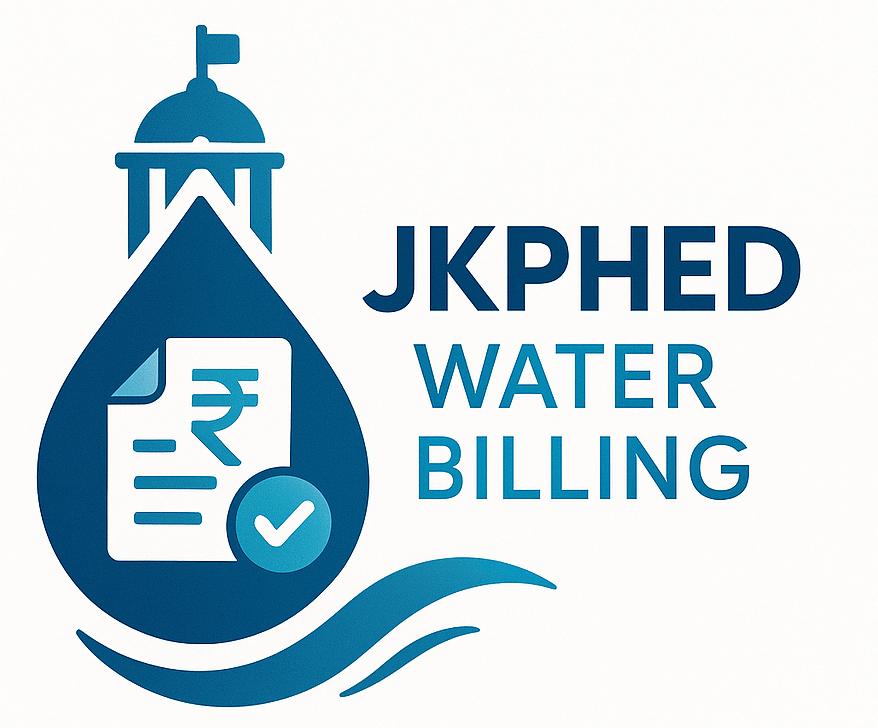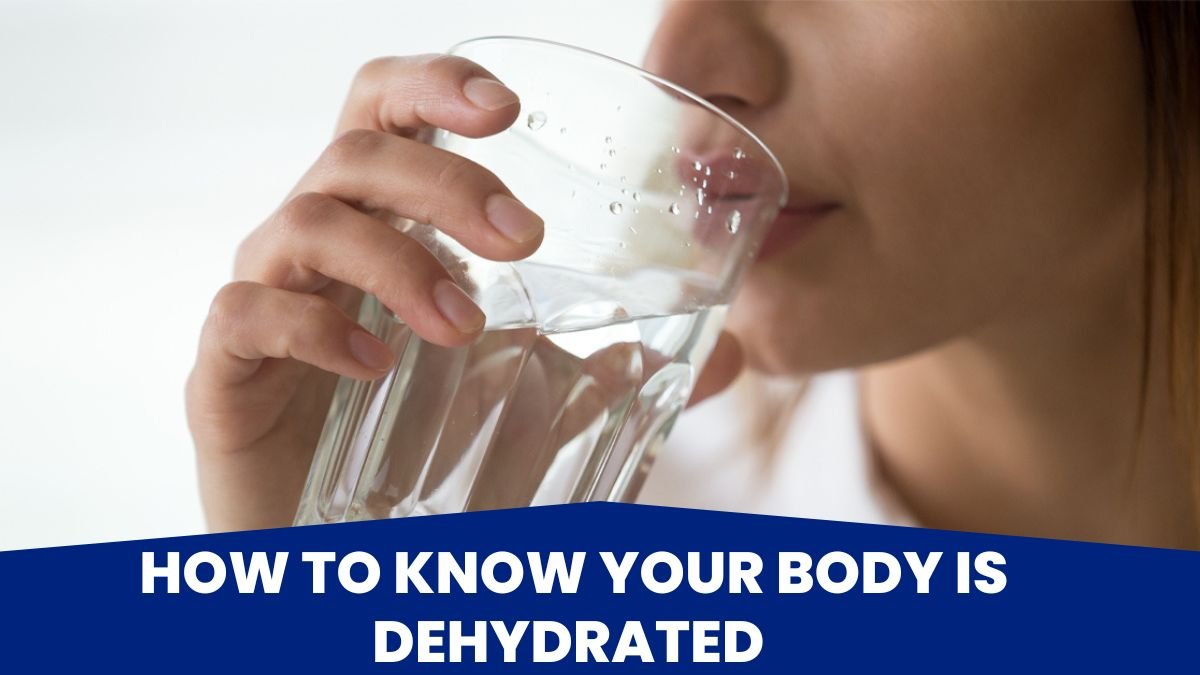How to know Your Body Is Dehydrated: Are you bothered by fatigue, headache or dark colored urine? If yes, then this could be a sign that your body is suffering from lack of water i.e. dehydration. It is common to have water deficiency in the body not only in summer but also in winter. But if this is not taken care of in time, then this condition can take a serious form.
In this article, we will learn what are the signs of dehydration, how it affects the body and how to avoid it.
💧 What is dehydration?
Dehydration is a condition when your body does not have the required amount of water and electrolytes. About 60% of our body is made up of water, and lack of water prevents the body’s cells and organs from functioning properly.
⚠️ 8 major symptoms of dehydration
- Fatigue and weakness
- When there is a lack of water in the body, the body is unable to produce energy and you feel tired.
- Research shows that people who drink less water also have an affected sleep and get tired quickly while exercising.
- Dark urine and less urine
- The first and easiest identification of dehydration is the color of the urine. Light yellow color is normal, while dark color indicates lack of water in the body.
- Dry skin and lips, reduced skin elasticity
- If your skin does not stretch or your lips start cracking, it is a sign that the body is dehydrated. Doctors use a ‘skin turgor test’ to check this condition.
- Headache
- Dehydration can cause the blood vessels in the brain to shrink, which can cause headaches. In some people, it can also trigger migraines.
- Dizziness or lightheadedness
- When the amount of water and blood in the body decreases, blood pressure also drops, which can cause dizziness when you stand up suddenly.
- Rapid heartbeat
- Lack of water reduces the blood volume in the body, which makes the heart work harder. This can cause a rapid or irregular heartbeat.
- Low blood pressure
- Severe dehydration can cause blood pressure to drop significantly. This condition can be extremely dangerous and requires immediate treatment.
- Difficulty concentrating and mental confusion
- Lack of water also affects your brain. This can lead to irritability, mental confusion and lack of concentration. Staying without water for a long time can also deteriorate mental balance.
Symptoms of dehydration in children and newborns
Signs of dehydration in children may be different from those in adults:
- No urination for more than 6 hours
- Lack of interest in sports
- No tears while crying
- Dry lips and tongue
- Sunken eyes and soft part of the head
- Wrinkles on the skin
- Rapid heartbeat and lethargy
Note: Dehydration in children can quickly become serious. If these symptoms appear, contact a doctor immediately.
How to prevent dehydration?
- Drink enough water
- Generally, men should drink 3–3.7 liters of water and women should drink 2–2.7 liters of water per day.
- This requirement increases further during hot weather, exercise, pregnancy or breastfeeding.
- Eat liquid-rich foods
- Fruits (like watermelon, oranges), vegetables (like cucumber, tomatoes), and soups help hydrate the body.
- Don’t wait until you feel thirsty
- By the time you feel thirsty, the body is already suffering from dehydration. So keep drinking water at regular intervals.
- Consume electrolytes
- In case of excessive sweating, vomiting or diarrhea, ORS or electrolyte drinks are necessary, not just water.
What to do in case of severe dehydration?
If you or someone else shows the following symptoms, go to the hospital immediately:
- Severe headache or confusion
- No or very little urination
- Extreme weakness, fainting or rapid heartbeat
- Persistent lethargy, sluggish reactions or no crying in children
Tip: How to make water tasty?
If you don’t like drinking plain water, you can add lemon, cucumber, mint or fruit to it. You can also add herbal tea bags like mint or hibiscus to cold water. This will make the water taste better and make you drink more.
Conclusion
Dehydration can be a common but serious condition. If identified and treated at the right time, it can be easily prevented. All you need to do is understand your body’s signals and consume adequate fluids regularly.
If you suspect that you or your child has symptoms of dehydration, contact a doctor immediately. Remember – water is life, and ignoring it can be dangerous to your health.

